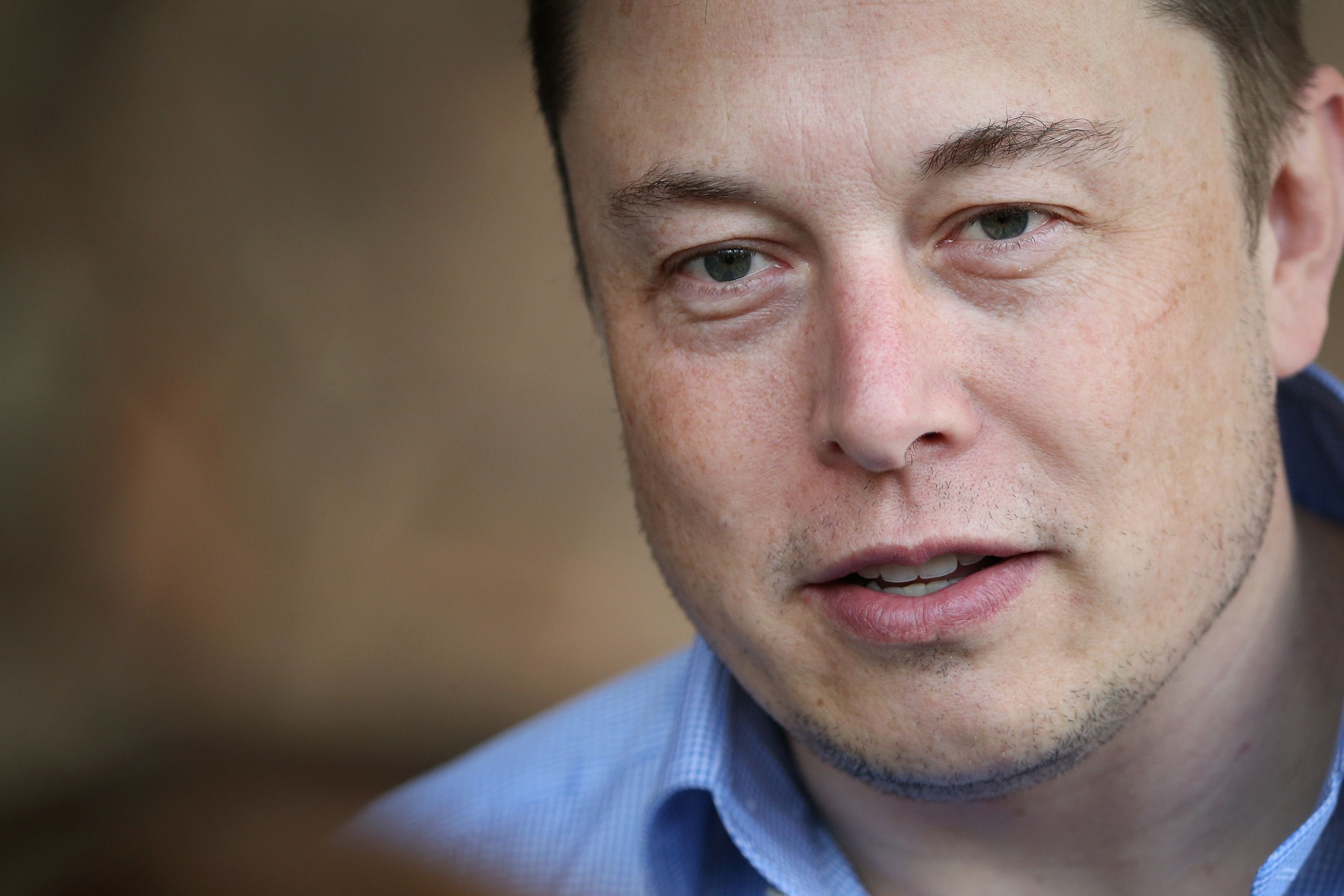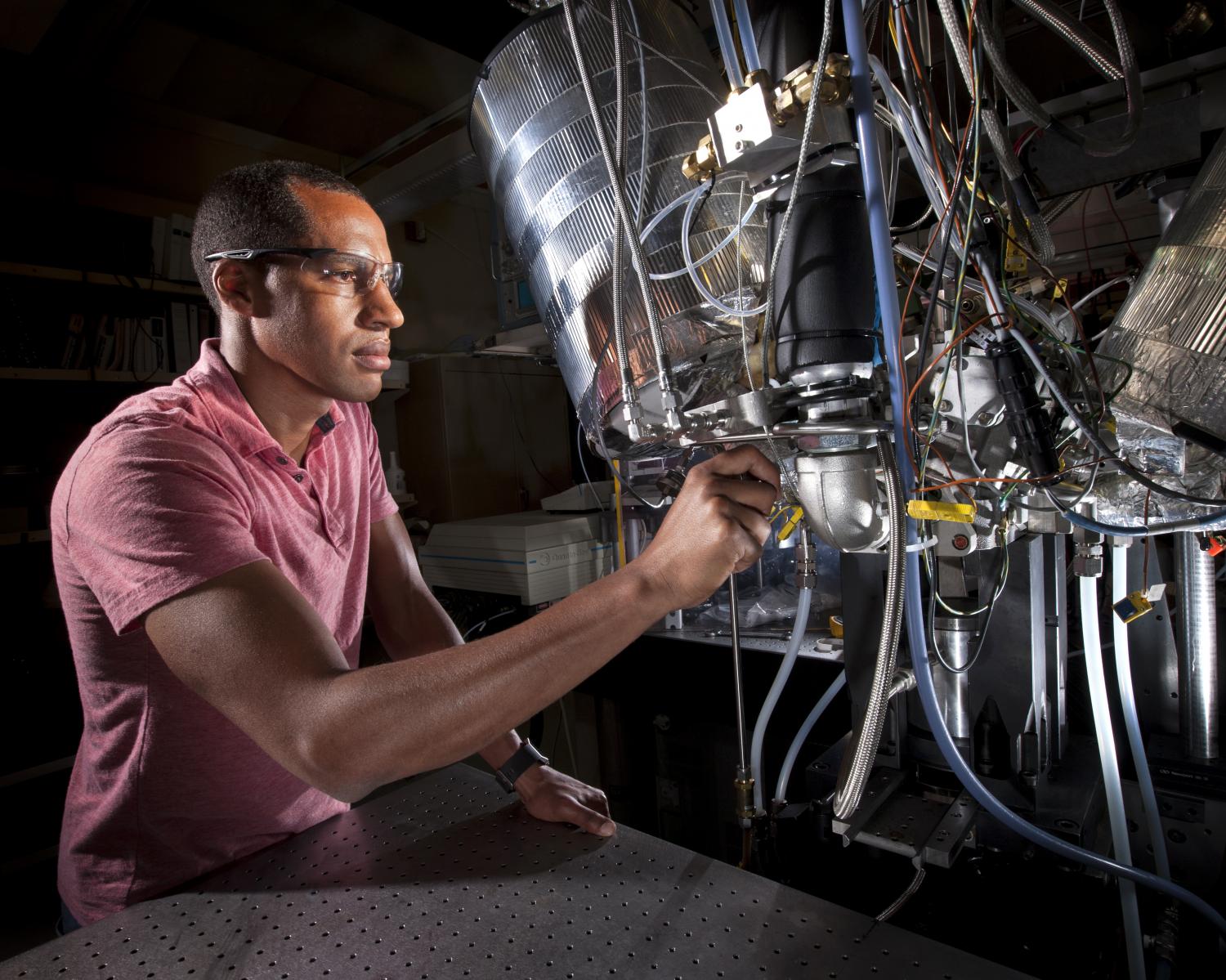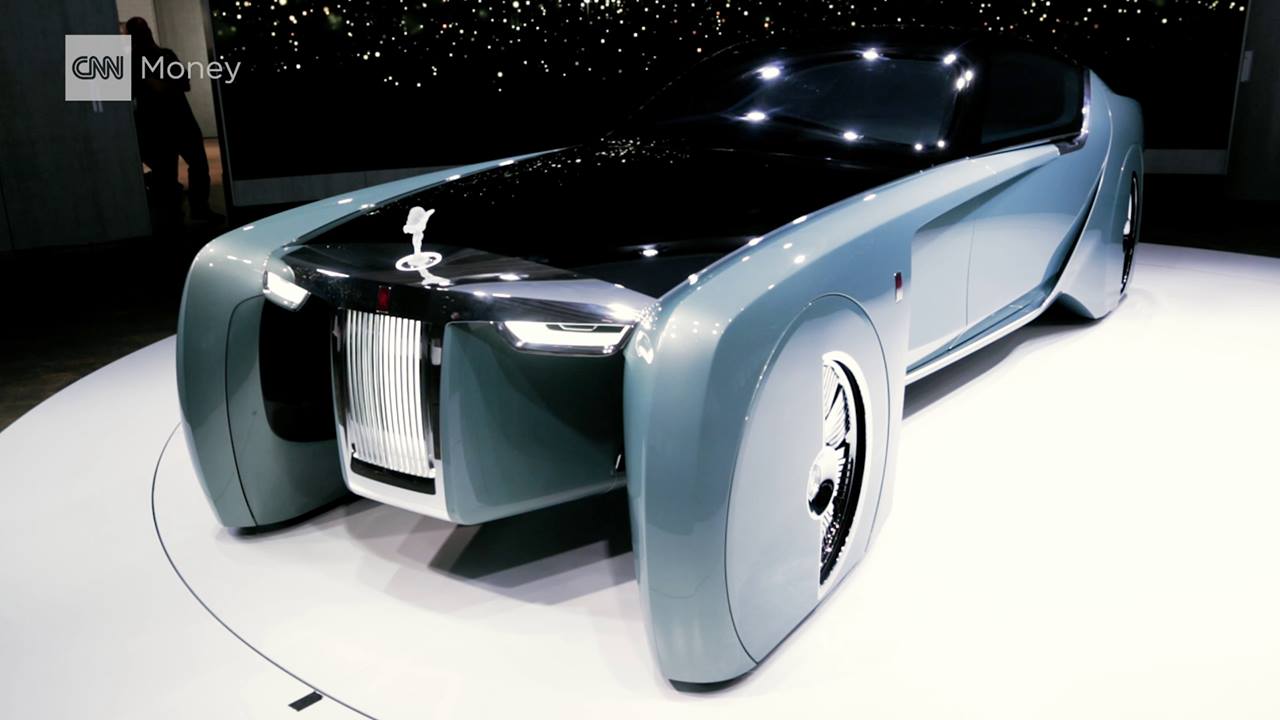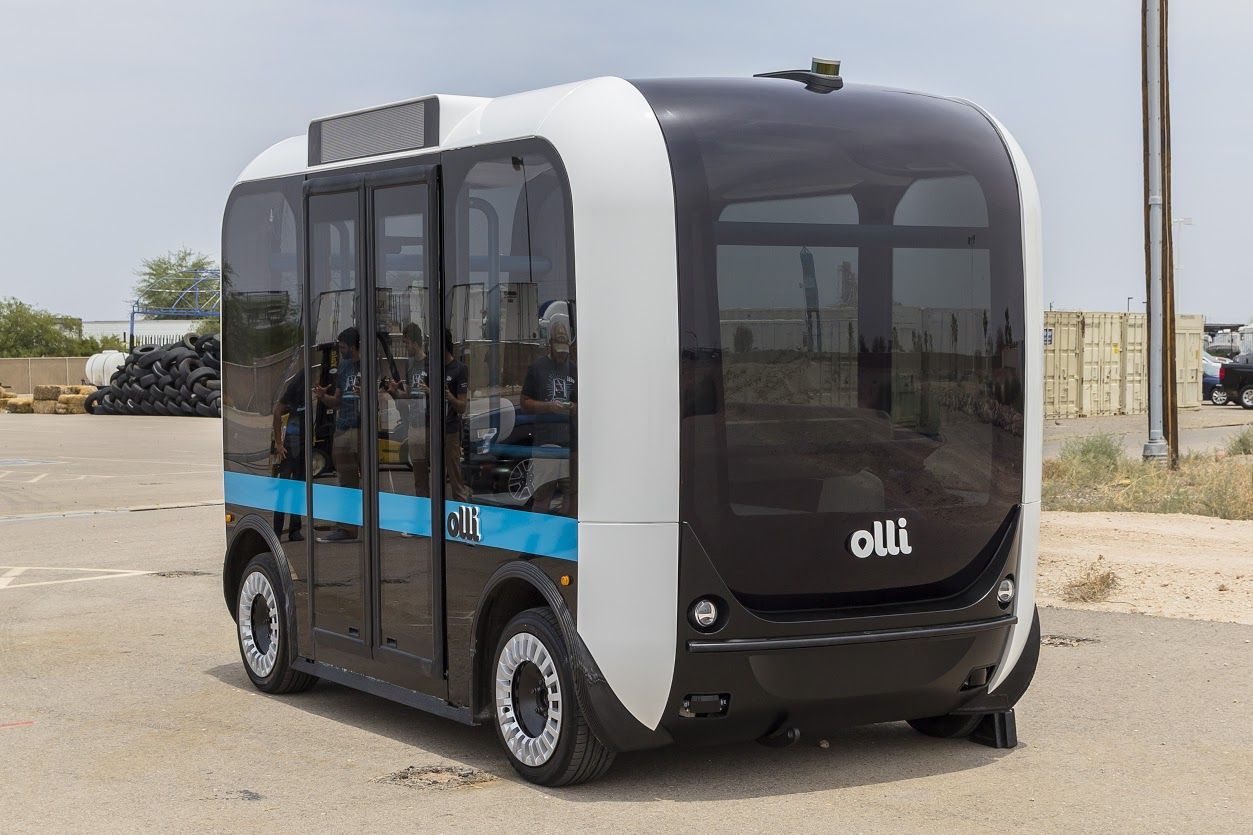Archive for the ‘transportation’ category: Page 555
Jun 20, 2016
Musk: Half of Cars Made in 7 or 8 Years Will Be Driverless
Posted by Shailesh Prasad in categories: robotics/AI, transportation
Jun 19, 2016
Self-driving tractors and data science: A visit to a modern farm
Posted by Karen Hurst in categories: food, robotics/AI, science, sustainability, transportation
Self driving tractors are a big benefit for farmers and thier families.
Farming isn’t the low-tech endeavour some might think.
Jun 18, 2016
Long Promised Artificial Intelligence Is Looming—and It’s Going to Be Amazing
Posted by Klaus Baldauf in categories: biotech/medical, computing, robotics/AI, transportation
We have been hearing predictions for decades of a takeover of the world by artificial intelligence. In 1957, Herbert A. Simon predicted that within 10 years a digital computer would be the world’s chess champion. That didn’t happen until 1996. And despite Marvin Minsky’s 1970 prediction that “in from three to eight years we will have a machine with the general intelligence of an average human being,” we still consider that a feat of science fiction.
The pioneers of artificial intelligence were surely off on the timing, but they weren’t wrong; AI is coming. It is going to be in our TV sets and driving our cars; it will be our friend and personal assistant; it will take the role of our doctor. There have been more advances in AI over the past three years than there were in the previous three decades.
Even technology leaders such as Apple have been caught off guard by the rapid evolution of machine learning, the technology that powers AI. At its recent Worldwide Developers Conference, Apple opened up its AI systems so that independent developers could help it create technologies that rival what Google and Amazon have already built. Apple is way behind.
Continue reading “Long Promised Artificial Intelligence Is Looming—and It’s Going to Be Amazing” »
Jun 17, 2016
Marrying superconductors, lasers, and Bose-Einstein condensates
Posted by Karen Hurst in categories: particle physics, quantum physics, transportation
Nice.
Chapman University Institute for Quantum Studies (IQS) member Yutaka Shikano, Ph.D., recently had research published in Scientific Reports. Superconductors are one of the most remarkable phenomena in physics, with amazing technological implications. Some of the technologies that would not be possible without superconductivity are extremely powerful magnets that levitate trains and MRI machines used to image the human body. The reason that superconductivity arises is now understood as a fundamentally quantum mechanical effect.
The basic idea of quantum mechanics is that at the microscopic scale everything, including matter and light, has a wave property to it. Normally the wave nature is not noticeable as the waves are very small, and all the waves are out of synchronization with each other, so that their effects are not important. For this reason, to observe quantum mechanical behavior experiments generally have to be performed at a very low temperature, and at microscopic length scales.
Continue reading “Marrying superconductors, lasers, and Bose-Einstein condensates” »
Jun 17, 2016
Could an implant have saved the life of the toddler attacked by an alligator?
Posted by Zoltan Istvan in categories: biotech/medical, business, computing, geopolitics, mobile phones, transhumanism, transportation, wearables
A new article considering chip implants:
Among other tragedies in Florida recently gripping America’s attention, a 2-year-old boy was snatched away from its parents by an alligator at Walt Disney World on Wednesday. I have a similar-aged toddler myself, and I followed this heartbreaking story closely. Unfortunately, it ended as horribly as it began, with the recovery of a dead child.
My presidential campaign with the Transhumanist Party is based on advocating for radical science and technology to make the world a better place for humans. As a result, for nearly two years I have been advocating for using chip implants in people to help keep them safer. Chip implants are often just the size of a grain of rice and can be injected by a needle in a nearly pain-free 60-second procedure. The implants can do a multiple array of things depending on the type. And much of the technology has been used in pets for over a decade, so it’s already been shown to be relatively safe.
Continue reading “Could an implant have saved the life of the toddler attacked by an alligator?” »
Jun 16, 2016
Aggressive, sparkplug-free gasoline auto engines with high efficiency
Posted by Shailesh Prasad in categories: economics, energy, transportation
Researchers at Sandia National Laboratories’ Combustion Research Facility are helping to develop sparkplug-free engines that will help meet ambitious automotive fuel economy targets of 54.5 miles per gallon by 2025.
They are working on low-temperature gasoline combustion (LTGC) operating strategies for affordable, high-efficiency engines that will meet stringent air-quality standards.
Sandia researchers Isaac Ekoto and Benjamin Wolk said the goal of the LTGC project is an engine in which chemically controlled ignition initiates the combustion of dilute charge mixtures.
Continue reading “Aggressive, sparkplug-free gasoline auto engines with high efficiency” »
Jun 16, 2016
Rolls Royce of the future
Posted by Shailesh Prasad in categories: futurism, transportation
Jun 16, 2016
Rolls-Royce made a stunning driverless concept car
Posted by Shailesh Prasad in categories: robotics/AI, transportation
Rolls-Royce Vision 100 concept car leaps into the future with an AI personal assistant and sofa for a backseat. Take a look.
Jun 16, 2016
Meet Olli, a self-driving 3D printed mini bus controlled by IBM Watson that talks to you
Posted by Karen Hurst in categories: 3D printing, robotics/AI, transportation
Cool — could definitely chance manufacturing for Kia, VW, GM, Toyota, Honda, Nissan and Ford.
Local Motors 3D printed an autonomous mini bus that IBM Watson will drive around the streets of Washington DC.


















